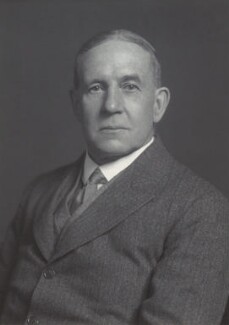Frank Baddeley facts for kids
Sir Frank Morrish Baddeley was an important British official who worked in different parts of the British Empire. He was born on November 30, 1874, and passed away on April 18, 1966. He held high-ranking jobs, helping to manage countries that were under British rule.
Early Life and Career
Frank Baddeley went to school at the Liverpool Institute. Later, he studied at Magdalene College, Cambridge, which is a famous university in England. After finishing his education, he started working for the British government in 1897.
His first big job was in the Malayan Civil Service. This was a group of people who worked for the British government in Malaya, a country in Southeast Asia (now part of Malaysia). He worked his way up to a very important position called Under Secretary of the Straits Settlements. The Straits Settlements were a group of British colonies in that region.
Working in Nigeria
In 1924, Frank Baddeley moved to Africa. He became the Chief Secretary to the Government of Nigeria. This was a very high-ranking job, almost like being the top manager for the British government in Nigeria.
He also served as the acting Governor of Nigeria several times. This meant he was temporarily in charge of Nigeria when the main governor was away. He held this important role in 1925, 1927, and again from 1928 to 1929. In 1930, he went to a special meeting called the Colonial Office Conference. At this conference, leaders from different British colonies met to talk about important issues.
Special Honors and Awards
Sir Frank Baddeley received several special honors for his hard work and service. These awards were given by the British King or Queen to recognize important people.
- In 1925, he was made a Companion of the Order of St Michael and St George.
- In 1928, he was knighted. This meant he could use the title "Sir" before his name.
- In 1930, he received an even higher honor. He was appointed a Knight Commander of the Order of the British Empire.
These awards showed how much his work was valued by the British government.
 | Anna J. Cooper |
 | Mary McLeod Bethune |
 | Lillie Mae Bradford |


